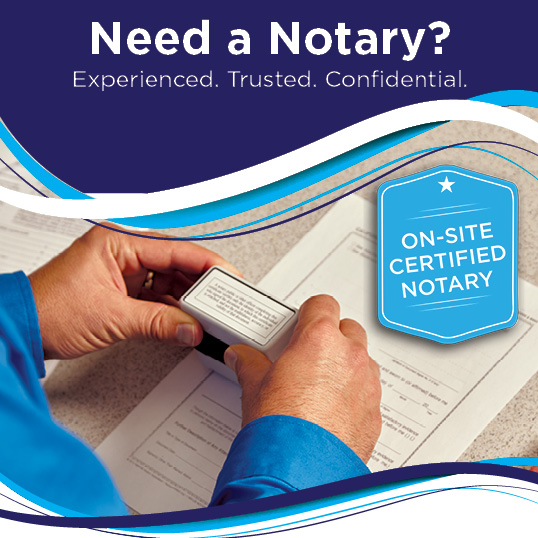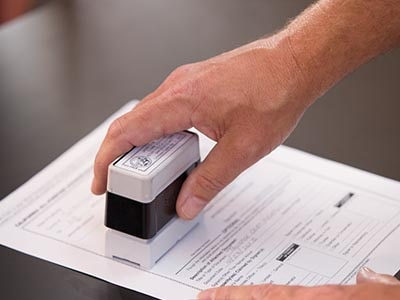Debunking Notarial Job: Simplifying the Role and Significance of Notaries
In the elaborate internet of legal paperwork and confirmation, notaries stand as pillars of assurance and authenticity. Their duty, usually shrouded in mystery for lots of, brings significant weight in ensuring the validity and stability of vital papers. As guardians of validity and fact, notaries play a crucial part in our culture, yet their work is not always totally understood. By deciphering the complexities bordering notarial methods and losing light on the relevance of their acts, a clearer understanding arises of the essential role notaries play in upholding the material of legal and lawful agreements.
The Background of Notarial Job
The background of notarial job dates back to ancient civilizations, where scribes played a vital function in recording important info and confirming papers. This led to the development of notaries, people assigned by the state to act as neutral witnesses in legal matters.
Throughout the Center Ages, notaries obtained importance in Europe, with their functions broadening to consist of preparing lawful papers, accrediting trademarks, and preserving documents. The surge of global trade further highlighted the relevance of notarial operate in verifying agreements and contracts throughout borders.
In the contemporary era, notaries continue to play a crucial duty in legal and business transactions by verifying identities, verifying the authenticity of files, and avoiding scams. Their duty in certifying the credibility of arrangements adds a layer of safety and trust to the ever-evolving landscape of business and regulation.

Obligations and Responsibilities of Notaries
The historical advancement of notarial work from old people to the contemporary age has shaped the distinctive responsibilities and responsibilities that notaries promote in lawful and organization deals today. Notaries play an essential duty in confirming the authenticity of files and the identity of signatories. One of their primary responsibilities is to witness the finalizing of vital documents, such as wills, deeds, and contracts, to make certain that all parties are becoming part of arrangements intentionally and voluntarily. Notaries likewise confirm that signatures are of sound mind and not under duress or browbeating.
They accredit duplicates of original papers, offering guarantee to organizations that the copies are true reproductions of the originals. Generally, the responsibilities and obligations of notaries are essential in protecting the stability and validity of different files and deals - Apostille.
Notarial Certificates and Signatures
Exhibiting precise focus to detail, notarial certificates and trademarks act as necessary elements in verifying the credibility of lawful papers. Notarial certificates usually consist of critical information such as the day of notarization, the names of the notaries, a summary of the document, and the notary's main seal. These certifications supply a clear record of the notarial act, making sure that the file can be easily identified and traced back to the notary who looked after the procedure.
Trademarks play a crucial function in notarial work, as they indicate the agreement and permission of the celebrations included. Notaries meticulously witness the signing of records to validate the identity of the signatories and validate that they are authorizing of their very own free choice. By affixing their official seal and trademark to the file, notaries license that the necessary treatments have actually been complied with which this hyperlink the paper is valid and check my reference enforceable.
Fundamentally, notarial certificates and signatures are the trademark of credibility in lawful purchases, offering assurance to all celebrations involved that the papers are legitimate and binding.
Significance of Notarial Acts

Registration Refine Explained
Describing the registration procedure supplies clarity on the important steps associated with validating lawful papers. The notarization process generally begins with the individual presenting the document to a notary public. The notary after that validates the endorser's identification with acceptable identification methods. When the identification is validated, the notary makes sure that the private signing the document does so voluntarily Check Out Your URL and without any kind of threat.

Conclusion

Notarial certifications commonly include important info such as the day of registration, the names of the notaries, a description of the record, and the notary's main seal. These certifications provide a clear record of the notarial act, guaranteeing that the paper can be easily recognized and mapped back to the notary who managed the procedure.
By fastening their official seal and trademark to the paper, notaries certify that the required procedures have been complied with and that the paper is valid and enforceable.
By verifying the identity of the signatories, validating their readiness to get in right into the arrangement, and licensing the day and place of the signing, notaries play a crucial duty in upholding the validity of legal papers.After the record is signed, the notary will affix their main seal or stamp onto the paper.